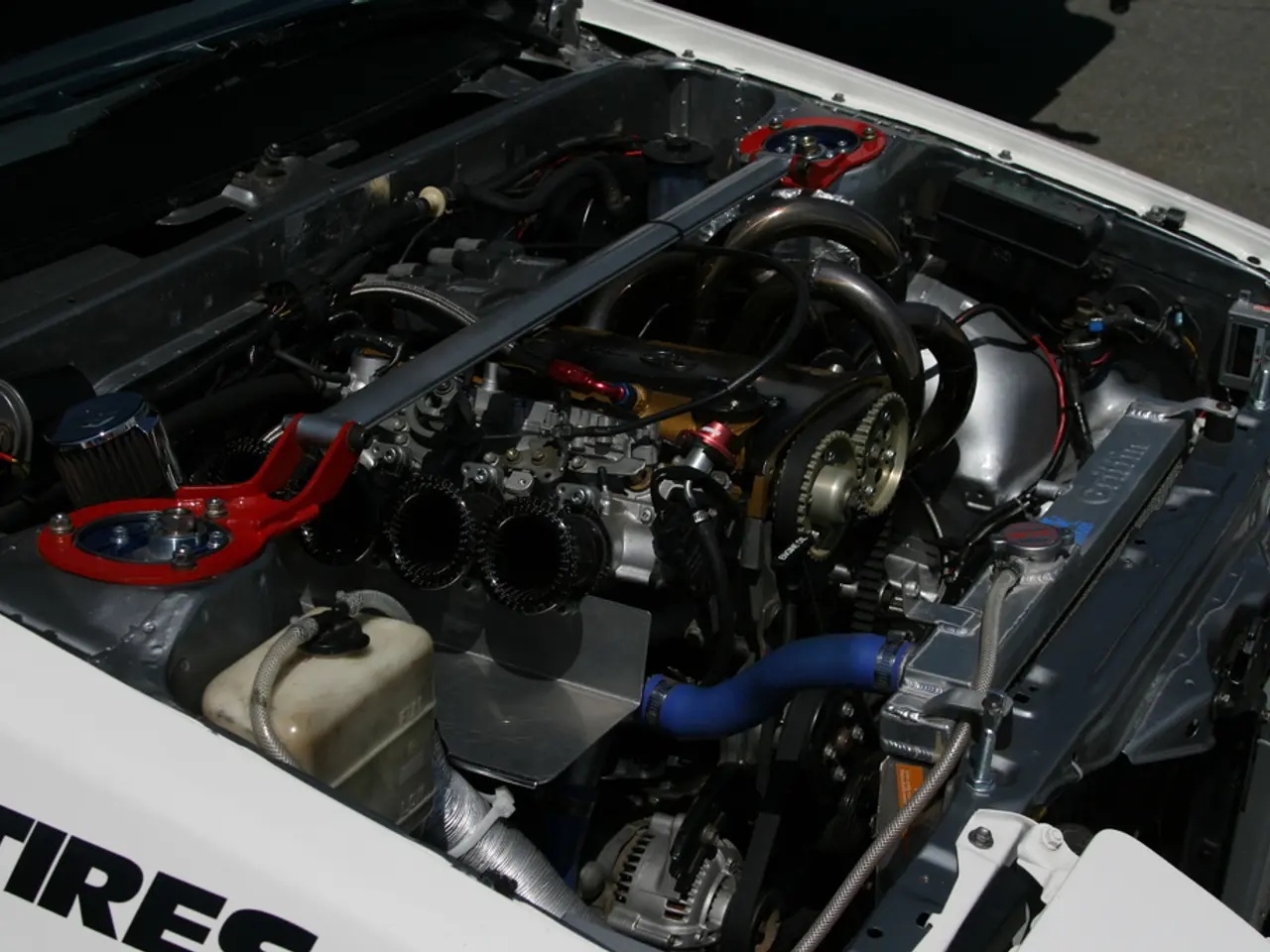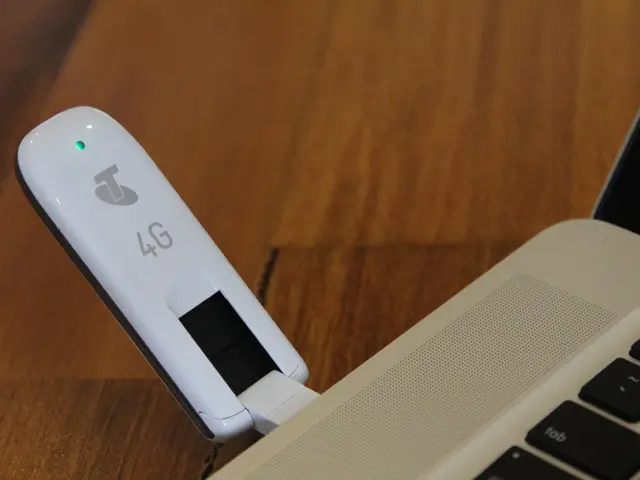LMFP battery cells successfully endure 1,000 battery cycles during testing at QinetiQ facility
Integrals Power's Second-Generation LMFP Battery Cells Offer Significant Advancements
Integrals Power, a leading battery technology company, has made a significant stride in the development of Lithium Manganese Iron Phosphate (LMFP) battery cells. The company's second-generation LMFP material boasts a 30% reduction in internal resistance compared to the first generation, promising improved performance and efficiency.
The raw materials for the LMFP were sourced from Europe and North America, underscoring the company's commitment to local sourcing. Integrals Power produced the LMFP cells at its UK pilot plant.
Preliminary tests show a distinct performance improvement for the second-generation LMFP material, with cycle life and retained capacity expected to be greatly improved. In fact, Integrals Power's LMFP cells have already passed the 1,000-cycle milestone in QinetiQ testing, a testament to their durability and reliability.
The strategic importance of developing and localising battery materials within the UK and Europe has increased significantly due to China's new export controls on LFP and LMFP cathode technologies. This development positions Integrals Power's LMFP batteries as a promising alternative to imported battery technologies.
The potential impact of these LMFP cells on electric vehicles (EVs) and other high-demand uses includes:
- Greater driving range for EVs due to higher energy density compared to traditional LFP batteries, making EVs more practical and competitive.
- Improved affordability because LMFP leverages manganese-rich cathode materials, which reduce reliance on costly cobalt and nickel used in Nickel Manganese Cobalt (NMC) batteries, lowering overall battery costs.
- Enhanced safety over NMC chemistries, as LMFP cells retain the intrinsic thermal stability of LFP chemistry, crucial for preventing battery fires and ensuring user safety.
- Extended cycle life, proven by passing 1,000 cycles in QinetiQ durability tests, indicating batteries can maintain capacity over longer periods, reducing replacement frequency and lifecycle costs.
- Sustainability implications, as LMFP chemistries reduce the need for scarce and expensive metals, supporting more sustainable battery production and supply chains.
In summary, Integrals Power's LMFP batteries offer enhanced performance, improved safety, and increased sustainability compared to conventional LFP and NMC batteries. With their extended cycle life and lower costs, these batteries could play a crucial role in accelerating EV adoption and meeting the performance demands of other sectors requiring reliable, safe, and cost-effective energy storage solutions, such as grid storage and electric aviation.
Science and technology are at the forefront of the advancements demonstrated by Integrals Power's LMFP batteries, as they combine high energy density, reduced internal resistance, and enhanced safety features to deliver extended cycle life and affordability without relying heavily on costly metals like cobalt and nickel. This promising development, with its potential implications for electric vehicles, grid storage, and electric aviation, signifies a significant leap in the field of energy storage solutions.




